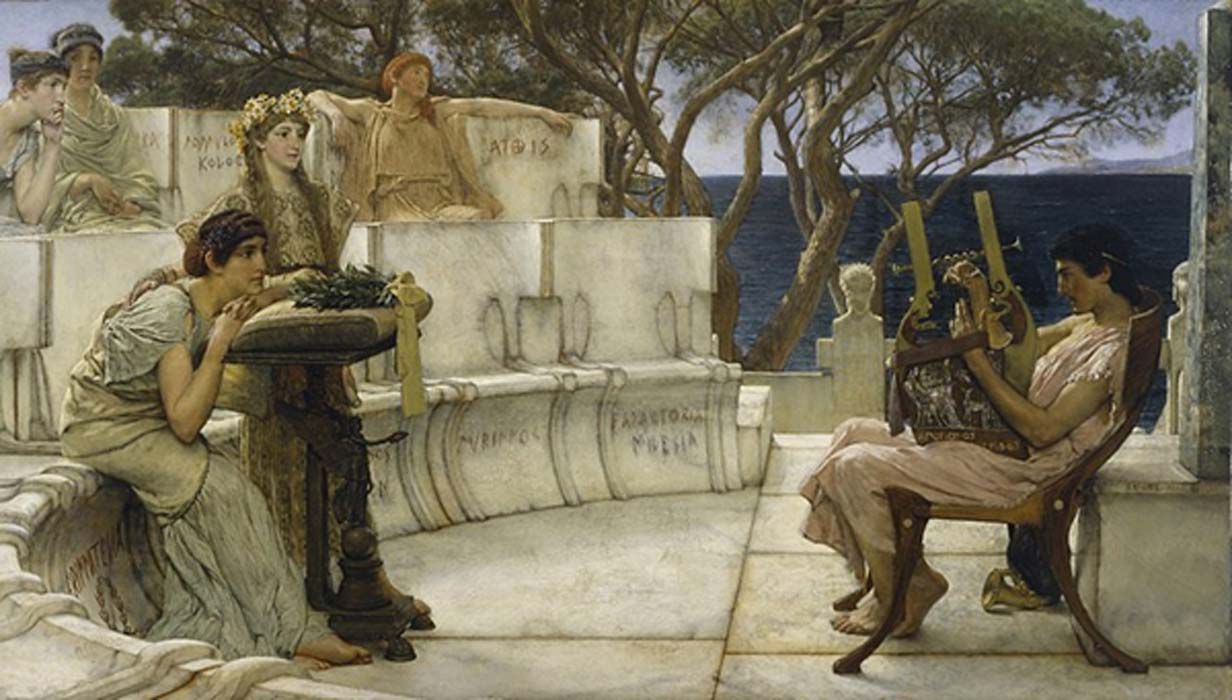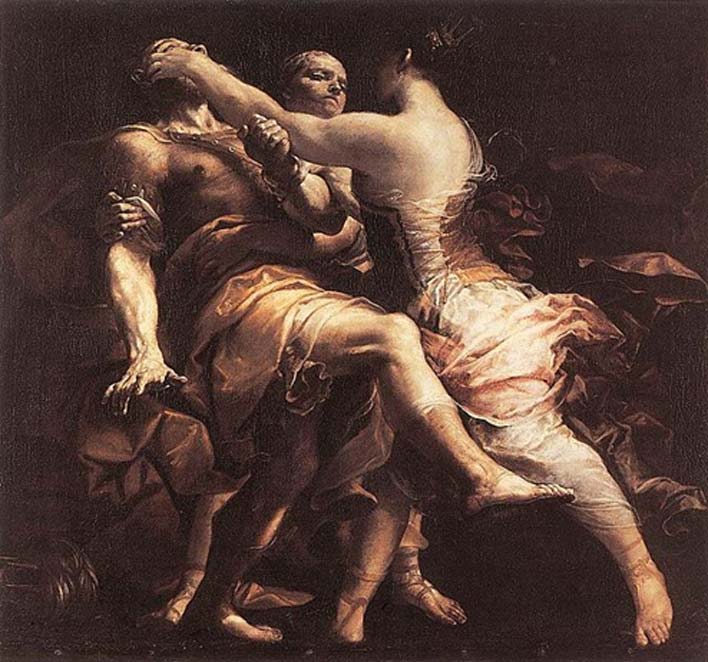
Gender Equality in the Ancient World?
In discussions about gender in the ancient world, women seldom seemed to be portrayed in a good light. In Ancient Greece, women were described as dogs, demons and degenerates. Semonides of Amorgos (circa 7th century BC), a popular poet in his time, suggested that one way to deal with one’s wife was to silence her by knocking her teeth out with a stone. His descriptions of women were equally despicable as he classified them as being made from, among others, a pig: “a hairy sow whose house is like a rolling heap of filth”, a fox: “pure evil and aware of everything”, and a dog: “she wants to hear everything, know everything, go everywhere and stick her nose in everything, and bark whether she sees anyone or not.” A few centuries later, Socrates (circa 470 - 399 BC) referred to women as horses and slaves.

Medusa by Caravaggio, 1597 (CC BY-SA 2.0)
In China, in his quest to revive the ‘Golden Age of Chinese history’, Confucius maintained that women were meant to be subservient, like they were in the past. He went as far to compare them to servants: “Of all people, girls and servants are the most difficult … If you are familiar with them, they lose their humility. If you maintain a reserve towards them, they are discontented.” A quote attributed to the Buddha says that: “The female defects – greed, hate, and delusion and other defilements – are greater than the male’s … You [women] should have such an intention. Because I wish to be freed from the impurities of the woman’s body, I will acquire the beautiful and fresh body of a man.”

Confucius (Public Domain)
However, despite the misogyny in the ancient world, discussions and debates about gender equality were initiated or, at least made famous, by an unlikely source: male philosophers. Even the term ‘féminisme’, first coined in 1837, was credited to a male philosopher, a Frenchman by the name of Charles Fourier. In its most basic form, feminism encompasses movements and ideologies to define, establish, and achieve political, economic, personal, and social equality of genders. In practice, of course, the concept still invites many arguments. However, even in the ancient times progress could have been observed in the discussions on gender equality.
Literature and the Law on Women of the Ancient World.
Literature can tell us a great deal about a civilization, as well as its ideals and its people. Although literature in itself cannot be considered a flawless account of history, it can still reveal much about the opinions of the writers at the time. Ancient Greek literature is a particularly valuable source of information in this case as it is especially self-conscious - that is, the authors seem to have taken great care to ensure that what they said suited their purposes, perspectives and motivations at the time of the writing.

Hecuba kills Polymestor by Guiseppe Crespi (1665 – 1747) (Public Domain)




